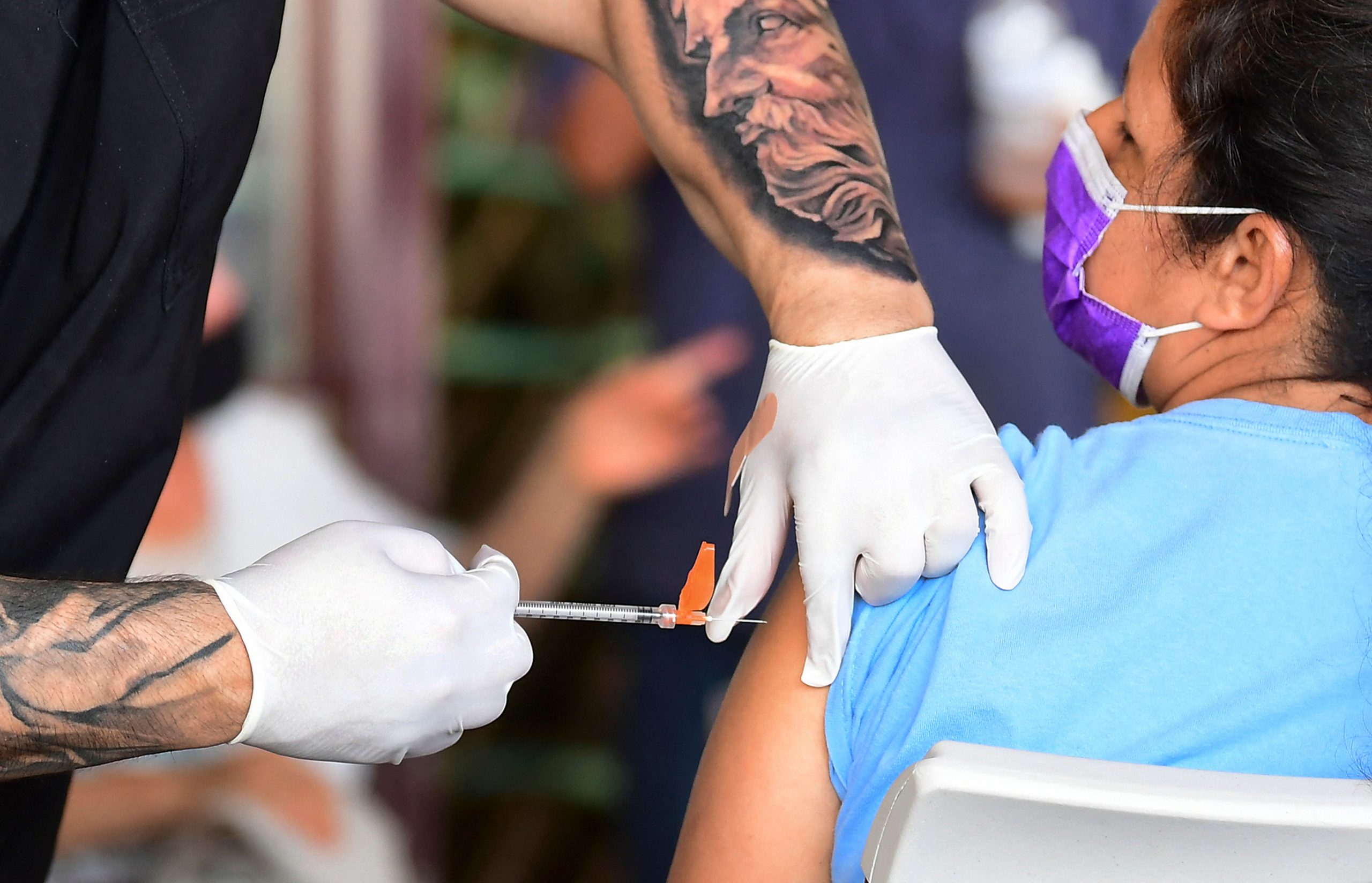According to a large-scale study published in The Lancet Infectious Diseases journal, on Tuesday, people infected with the SARS-CoV-2 virus after getting one or two COVID-19 vaccine doses have a significantly lower chance of severe disease or hospitalisation as compared to other unvaccinated individuals.
The study also said that the odds of experiencing long COVID were reduced to half for people who received two vaccines doses.
Long COVID is something when the illness lasts 28 days or more after a positive test.
People most vulnerable to a breakthrough infection after their first vaccine dose included frail older adults, 60 years and older. They also include those who have underlying conditions such as obesity, heart disease, kidney disease, and lung disease, the study said.
The study also found that people living in urban settings are prone to breakthrough infection.
“We are at a critical point in the pandemic as we see cases rising worldwide due to the Delta variant. Breakthrough infections are expected and don’t diminish the fact that these vaccines are doing exactly what they were designed to do — save lives and prevent serious illness,” said study co-lead author Claire Steves of King’s College London, UK.
“Other research has shown a mortality rate as high as 27% for hospitalised COVID-19 patients. We can greatly reduce that number by keeping people out of the hospital in the first place through vaccination,” Steves said.
It underscores the larger efforts to prevent COVID-19 infections, which should still include other personal protective measures such as mask-wearing, frequent testing, and social distancing.
The researchers used self-reported data from the UK COVID Symptom Study through the ZOE app from December 8, 2020, through July 4, 2021.
They found that of more than 1.2 million adults who received at least one dose of either the Pfizer-BioNTech, Oxford-AstraZeneca, or Moderna vaccine, fewer than 0.5% reported a breakthrough infection over 14 days after their first dose.







